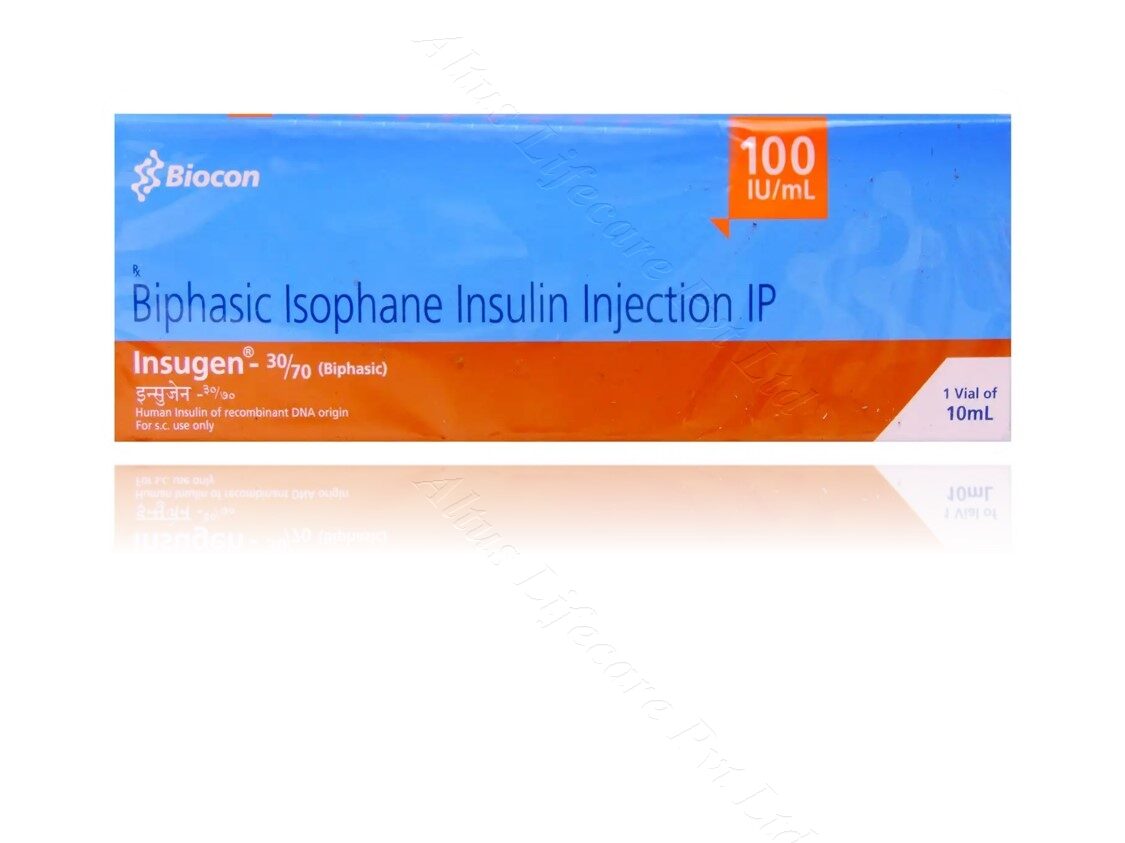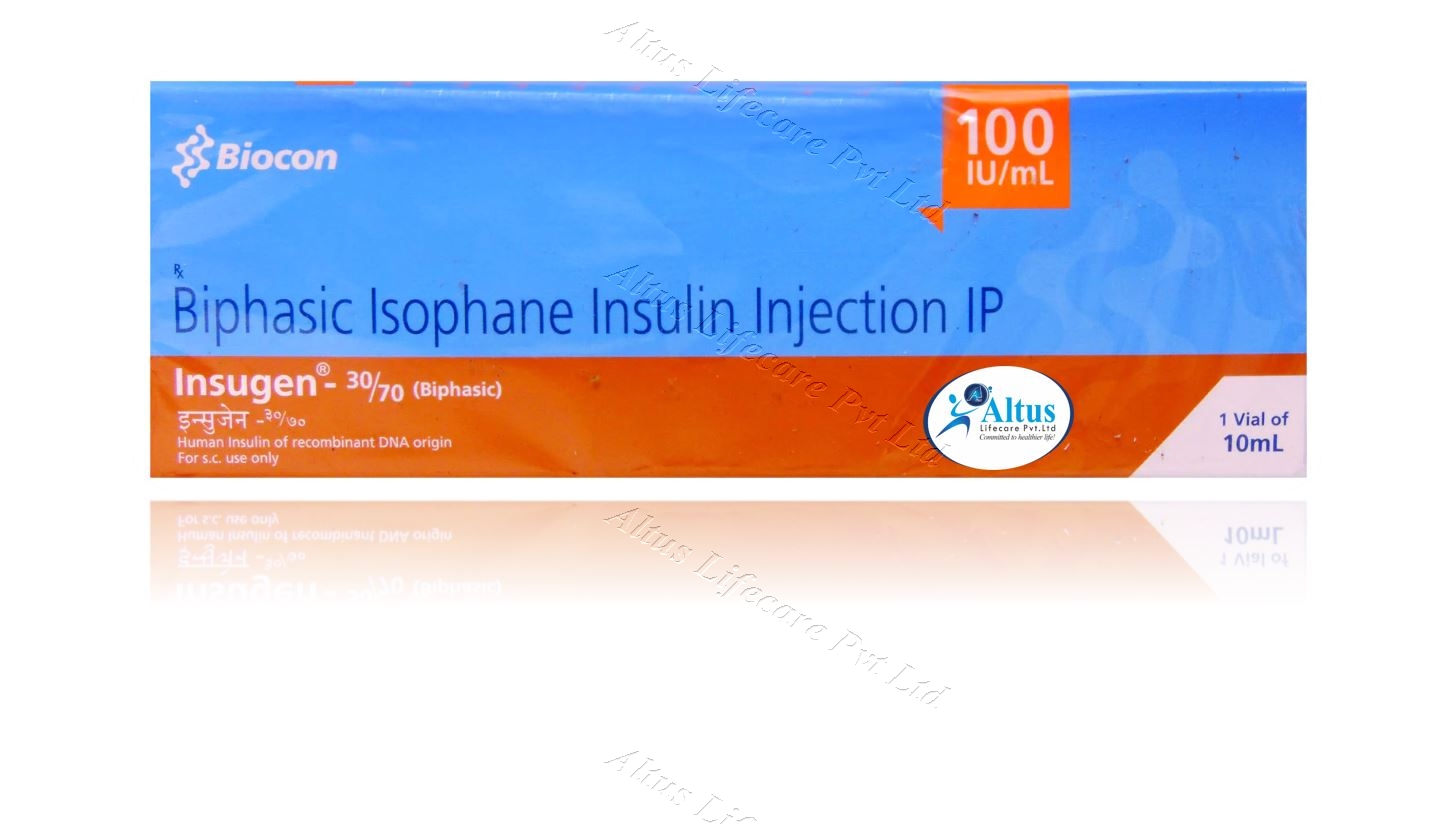No products in the cart.
Return To Shop
Menu
Categories
- Thyroid Care
- Armodafinil
- HIV Medicines
- Weight Loss
- Naltrexone
- Anti Emetic
- Neuropathic Pain
- Mens Health
- Hair Loss
- Pain Relief
- HCG Injections
- Quit Smoking
- Pharmaceutical Vaccine
- Best Selling Products
- Anti Viral
- Bimatoprost
- Antibiotics
- Women's Health
- Cetaphil
- Botulinum
- Diabetes
- Human Albumin
- Anti Malarial
- Dermal fillers
- Chemical Peels
- Nephrology Segment
- Kidney / Liver Care
- Anti Cancer
- Altus Product's
- Pharmaceutical Products
- Anti Fungal
- Hepatitis
- Beauty & Skin Care
- Asthma
- Modafinil
- Urology Segment
Wishlist
0
Sign in
Login
Register
- Anti-Cancer
- Armodafinil
- Bimatoprost
- Botulinum
- Dermal Fillers
- Hepatitis
- Mens-health
- Modafinil
- Naltrexone
- ANTI EMETIC
- Altus Product’s
- Anti Fungal
- Anti Malarial
- Anti Viral
- Antibiotics
- Asthma
- Beauty & Skin Care
- Cetaphil
- Chemical Peels
- Diabetes
- Hair Loss
- HCG Injections
- HIV Medicines
- Human Albumin
- Kidney / Liver Care
- Neuropathic Pain
- Pain Relief
- Pharmaceutical Products
- Pharmaceutical Vaccine
- Quit Smoking
- Thyroid Care
- Weight Loss
- Women’s Health
Shop and get discounts
Worldwide Shipping
Menu
Categories
- Thyroid Care
- Armodafinil
- HIV Medicines
- Weight Loss
- Naltrexone
- Anti Emetic
- Neuropathic Pain
- Mens Health
- Hair Loss
- Pain Relief
- HCG Injections
- Quit Smoking
- Pharmaceutical Vaccine
- Best Selling Products
- Anti Viral
- Bimatoprost
- Antibiotics
- Women's Health
- Cetaphil
- Botulinum
- Diabetes
- Human Albumin
- Anti Malarial
- Dermal fillers
- Chemical Peels
- Nephrology Segment
- Kidney / Liver Care
- Anti Cancer
- Altus Product's
- Pharmaceutical Products
- Anti Fungal
- Hepatitis
- Beauty & Skin Care
- Asthma
- Modafinil
- Urology Segment
Wishlist
0
0
Cart
$0.00
0
No products in the cart.
Return To Shop Shopping cart (0)
Subtotal: $0.00
Worldwide Shipping
Rated 4.00 out of 5 based on 2 customer ratings
(2 customer reviews)
Compare
Please, enable Compare.
SKU: N/A
Category: Diabetes
$68.51 – $209.09Price range: $68.51 through $209.09
Insugen 30/70 Injection 100IU/ml (Insulin Isophane/NPH (70%) + Human Insulin/Soluble Insulin (30%)
Have questions?
Our experts are ready to help.
Call : +91 9002 1002 33
Insugen 30/70 Injection 100IU/ml (Insulin Isophane/NPH (70%) + Human Insulin/Soluble Insulin (30%)
| COUNTRY OF ORIGIN | India |
|---|---|
| DOSAGE FORM | Injection |
| GENERIC NAME | Insulin Glargine |
| INDICATION | Diabetes mellitus (Type 1 & Type 2) |
| PACKAGING | 10 ml in 1 vial |
| MANUFACTURER | Biocon Ltd |
| COMPOSITION | Insulin Isophane/NPH (70%) + Human Insulin/Soluble Insulin (30%) |
PRODUCT INTRODUCTION
Insugen 30/70 Injection 100IU/ml is a combination of two medicines, an intermediate-acting and a short-acting type of insulin. It is used in the treatment of diabetes mellitus (type 1 and 2) to improve blood sugar control both in adults and children. It helps maintain the blood sugar levels in diabetic patients.
Insugen 30/70 Injection 100IU/ml is normally prescribed along with other diabetes medicines. Your doctor or nurse will teach you the correct way of injecting it under the skin. It should be taken 15 minutes before a meal or within 20 minutes after starting a meal. Don’t stop taking it unless your doctor tells you to.
It is only part of a treatment program that should also include a healthy diet, regular exercise, and weight reduction as advised by your doctor. Check your blood sugar levels regularly, keep track of your results and share them with your doctor. This is very important to work out the correct dose of the medicine for you.
The most common side effect of this medicine is low blood sugar levels (hypoglycemia). To prevent this, it’s important to always inject the correct dose of medicine only, have regular meals, and monitor your blood sugar levels regularly. Drinking excessive alcohol can also lead to a fall in your blood sugar levels. Other side effects include reactions at the injection site like redness or swelling. Some people gain weight while taking insulin. You may also notice a rash, edema (swelling), or itching while taking this medicine.
Do not use this medicine when you have low blood glucose levels (hypoglycemia). Tell your doctor if you’ve ever had kidney, liver or heart problems before starting treatment. Pregnant or breastfeeding women should also consult their doctor as the dose may need to be changed.
“Harmonizing Blood Sugar: The Dynamic Blend of Insulin Isophane/NPH (70%) + Human Insulin/Soluble Insulin (30%)”
In the intricate choreography of diabetes management, the combination of Insulin Isophane/NPH (70%) and Human Insulin/Soluble Insulin (30%) emerges as a symphony of precision. This unique blend brings together the sustained action of NPH insulin with the rapid response of soluble insulin, creating a harmonious and versatile approach to glycemic control. The 70/30 ratio reflects a strategic formulation, offering a balanced solution to address both baseline insulin needs and immediate postprandial spikes. By mimicking the natural insulin release patterns, this dynamic combination provides individuals with diabetes a more tailored and effective strategy to navigate the complexities of blood sugar management.
“Precision in a Vial: Unraveling the Nuances of Insulin Isophane/NPH 70% + Human Insulin/Soluble Insulin 30%”
Delving into the intricacies of insulin therapy, the combination of Insulin Isophane/NPH (70%) + Human Insulin/Soluble Insulin (30%) exemplifies precision encapsulated in a vial. This unique formulation offers a nuanced response to the multifaceted needs of individuals with diabetes. The 70/30 ratio signifies a careful calibration, providing a tool for healthcare providers to tailor insulin therapy to the specific requirements of each patient. From maintaining a steady baseline to swiftly addressing postprandial glucose fluctuations, this insulin blend stands as a testament to precision in diabetes care. This blog unravels the subtle complexities of Insulin Isophane/NPH 70% + Human Insulin/Soluble Insulin 30%, showcasing its role in offering a more precise and personalized approach to blood sugar modulation.
Innovate to Elevate: Drug for Diabetes Mellitus Type 2 Tales
Telling tales of innovation and elevation, this exploration delves into how the drug’s groundbreaking approaches in Diabetes Mellitus Type 2 management contribute to elevated health outcomes.
Medications for Diabetes Mellitus Type 2: Medication Adjustment Strategies for Special Populations
– Special populations may require unique medication adjustments. Join us as we explore strategies for tailoring medication plans to the specific needs of special populations, such as pregnant individuals, seniors, and those with comorbid conditions in type 2 diabetes.
Combating Insulin Resistance through Physical Activity in Treatment of Type 2 Diabetes Mellitus
Emphasizing the pivotal role of physical activity, this section explores strategies for combating insulin resistance in the treatment of Type 2 Diabetes Mellitus. By understanding the mechanisms through which exercise improves insulin sensitivity, the discussion aims to underscore the importance of tailored exercise prescriptions.
“Meds for Diabetes Mellitus Type 2: Navigating Medication Choices for a Better You”
Navigate through various medication choices with a focus on fostering a better version of yourself in the context of Type 2 Diabetes. This guide assists individuals in making informed decisions about their medication choices, ensuring they align with their goals for a healthier and more vibrant self.
Signs and Symptoms of Type 2 Diabetes Mellitus: Understanding the Diabetes Prelude
Gain a comprehensive understanding of the prelude to diabetes by exploring the specific signs that mark the early stages of Type 2 Diabetes Mellitus. Recognize the importance of early understanding for proactive health measures and prevention.
DM Type 2 Medications: Comprehensive Medication Strategies for Improved Wellness
Embrace a comprehensive approach to medication strategies aimed at improving overall wellness for individuals managing Type 2 Diabetes. Explore how these strategies contribute to enhanced physical and mental well-being.
Diabetes Mellitus Medications: Medication Mastery for Optimal Well-Being
Master the art of medication use for optimal well-being in diabetes management. This guide explores how medication mastery contributes to improved well-being, emphasizing its role in enhancing overall health and fostering a sense of well-being.
USES OF INSUGEN INJECTION
- Diabetes
BENEFITS OF INSUGEN INJECTION
In Diabetes
Insugen 30/70 Injection 100IU/ml contains an intermediate-acting and a short-acting type of insulin. Together, they ensure rapid and consistent sugar control that helps control blood sugar levels for an entire day. It is given as an injection and your doctor or nurse will train you on the correct way to inject it. Managing blood glucose levels is an essential part of managing diabetes. If you can control the level you will reduce the risk of getting any of the serious complications of diabetes such as kidney damage, eye damage, nerve problems, and loss of limbs. Taking this medicine regularly along with proper diet and exercise will help you live a normal, healthy life.
SIDE EFFECTS OF INSUGEN INJECTION
Most side effects do not require any medical attention and disappear as your body adjusts to the medicine. Consult your doctor if they persist or if you’re worried about them
Common side effects of Insugen
- Hypoglycemia (low blood glucose level)
- Injection site reactions (pain, swelling, redness)
- Weight gain
HOW TO USE INSUGEN INJECTION
Your doctor or nurse will give you this medicine. Kindly do not self administer.
HOW INSUGEN INJECTION WORKS
Insugen 30/70 Injection 100IU/ml is a combination of two insulin preparations: Insulin Isophane / NPH and Human Insulin / Soluble Insulin. Insulin Isophane / NPH has a prolonged duration of action, while human insulin / soluble insulin has a fast onset of action. Together, they ensure rapid and consistent sugar control by facilitating reuptake of sugar in muscle and fat cells and suppressing the production of sugar in the liver.
SAFETY ADVICE

Alcohol
UNSAFE
It is unsafe to consume alcohol with Insugen 30/70 Injection 100IU/ml.

Pregnancy
SAFE IF PRESCRIBED
Insugen 30/70 Injection 100IU/ml is generally considered safe to use during pregnancy. Animal studies have shown low or no adverse effects to the developing baby; however, there are limited human studies.

Breast feeding
SAFE IF PRESCRIBED
Insugen 30/70 Injection 100IU/ml is safe to use during breastfeeding. Human studies suggest that the drug does not pass into the breastmilk in a significant amount and is not harmful to the baby.

Driving
CAUTION
Your ability to drive may be affected if your blood sugar is too low or too high. Do not drive if these symptoms occur.

Kidney
CAUTION
Insugen 30/70 Injection 100IU/ml should be used with caution in patients with kidney disease. Dose adjustment of Insugen 30/70 Injection 100IU/ml may be needed. Please consult your doctor.
Regular monitoring of blood glucose levels is recommended for dose adjustment.
Regular monitoring of blood glucose levels is recommended for dose adjustment.

Liver
CAUTION
Insugen 30/70 Injection 100IU/ml should be used with caution in patients with liver disease. Dose adjustment of Insugen 30/70 Injection 100IU/ml may be needed. Please consult your doctor.
Regular monitoring of glucose levels is recommended for dose adjustment.
Regular monitoring of glucose levels is recommended for dose adjustment.
WHAT IF YOU FORGET TO TAKE INSUGEN INJECTION?
If you have missed a dose of Insugen 30/70 Injection 100IU/ml, your blood sugar level may become too high (hyperglycemia). Check your blood sugar and then take the next dose accordingly.
| Pack Size | 5 Injection/s, 10 Injection/s, 15 Injection/s, 20 Injection/s |
|---|
2 reviews for Insugen 30/70 Injection 100IU/ml
Add a review Cancel reply
Related products
Cimivir 400mg Tablet | Sofosbuvir 400mg
From: $243.59Sofab LP Tablet | Ledipasvir | Sofosbuvir
From: $256.41Temoside 100 Capsule (Temozolomide 100mg)
From: $55.84Sofovir 400mg Tablet | Sofosbuvir 400mg
From: $102.56Hepcvel Tablet | Sofosbuvir 400mg | Velpatasvir 100mg
From: $205.13Alphalan Tablets (Melphalan)
From: $74.03Glioz 100mg Capsule Temozolomide
From: $148.57People also bought
-
Benoquin 40 Cream | Monobenzone 40%
From: $154.77 - From: $38.38
- From: $40.05
-
Aziderm 10% Cream 15gm | Azelaic Acid 10%
From: $39.26
Our Services
Shipping
Shipping at Discounted Price
Money Returns
Return Within 30 Days
Secure Payment
Safe & Secure Payment
Support 24/7
Contact 24 Hours Day
Insugen 30/70 Solution for Inj...
From: $42.53


Invokana 100mg Tablet (Canagli...
From: $105.19
More
More
- Anti-Cancer
- Armodafinil
- Bimatoprost
- Botulinum
- Dermal Fillers
- Hepatitis
- Mens-health
- Modafinil
- Naltrexone
- ANTI EMETIC
- Altus Product’s
- Anti Fungal
- Anti Malarial
- Anti Viral
- Antibiotics
- Asthma
- Beauty & Skin Care
- Cetaphil
- Chemical Peels
- Diabetes
- Hair Loss
- HCG Injections
- HIV Medicines
- Human Albumin
- Kidney / Liver Care
- Neuropathic Pain
- Pain Relief
- Pharmaceutical Products
- Pharmaceutical Vaccine
- Quit Smoking
- Thyroid Care
- Weight Loss
- Women’s Health




















Harlow (verified owner) –
I’ve found joy in exploring local farmers’ markets for fresh, nutritious ingredients to support my type 2 diabetes-friendly meals.
Novah (verified owner) –
“Excellent quality and lightning-speed shipping – highly recommended!”